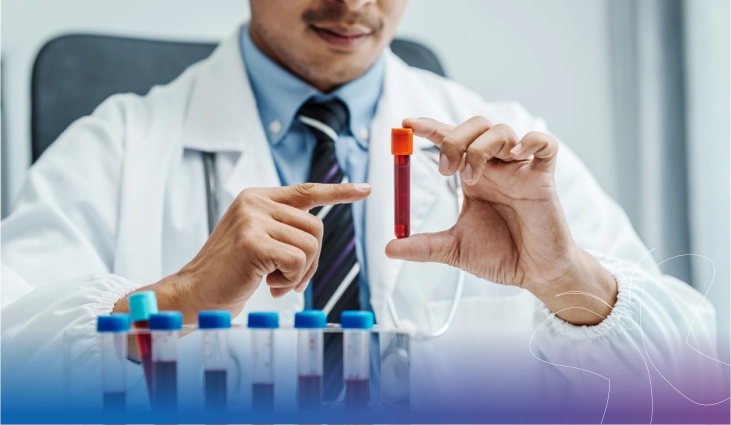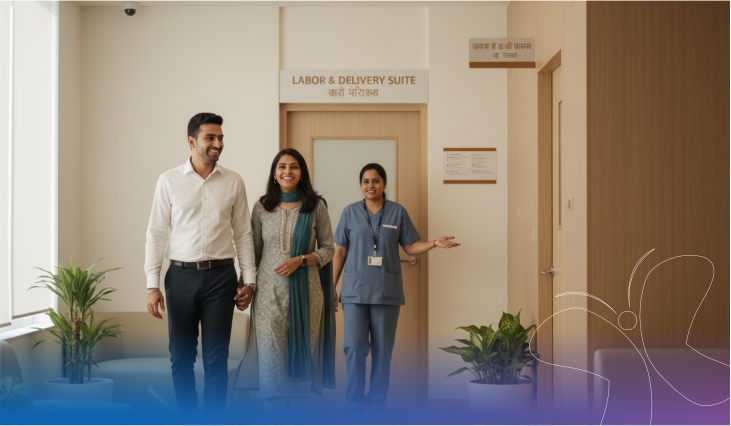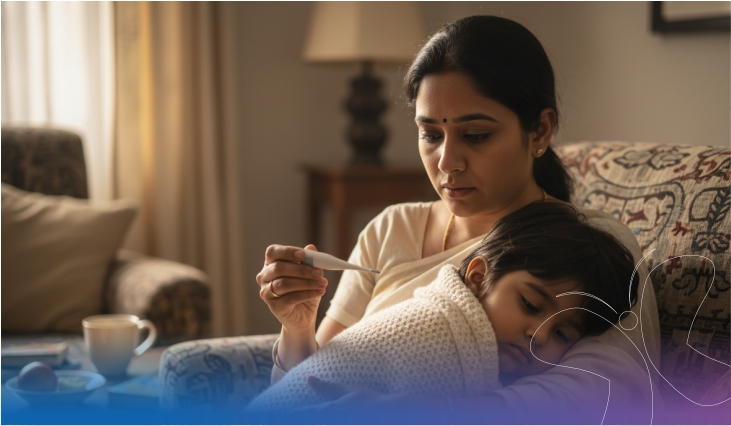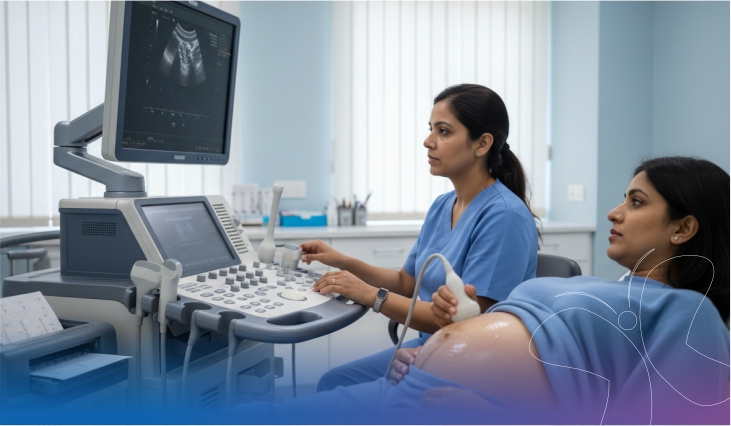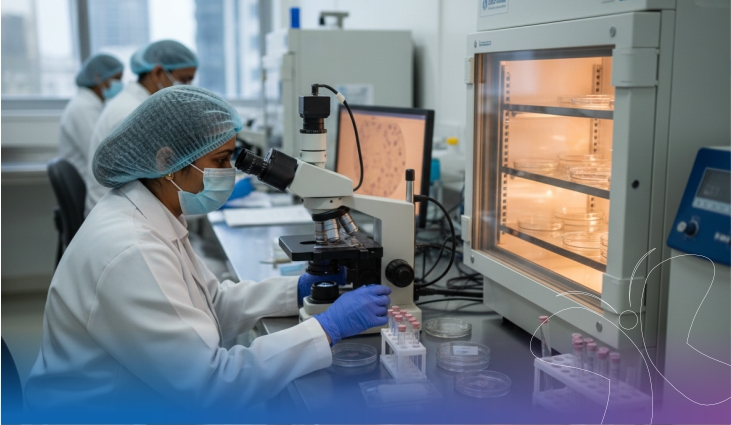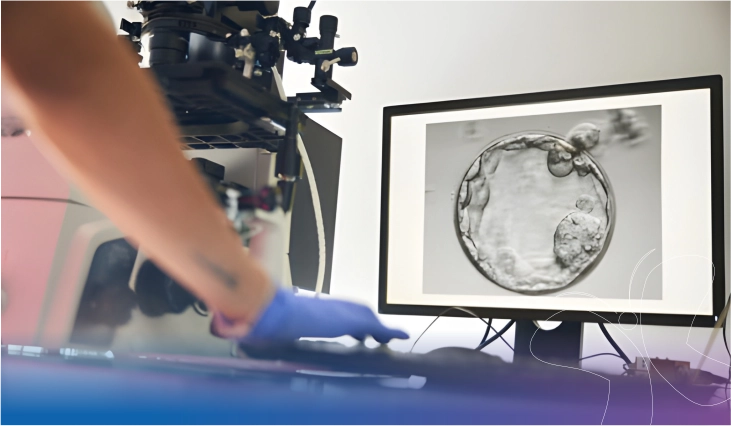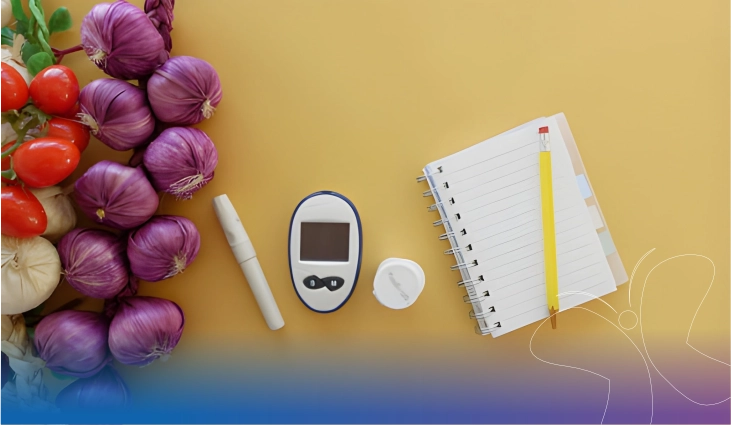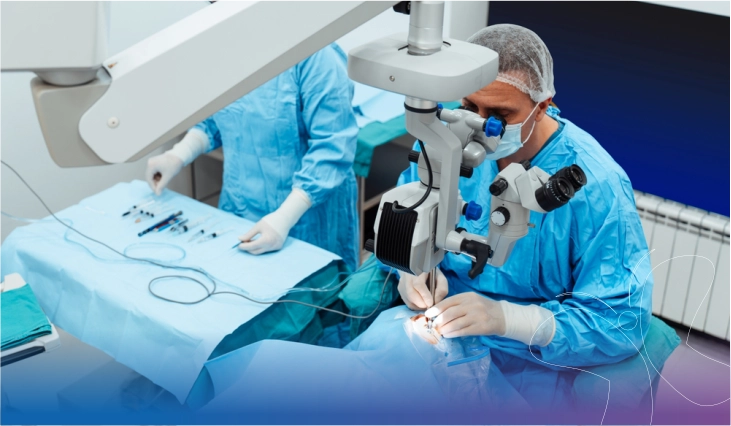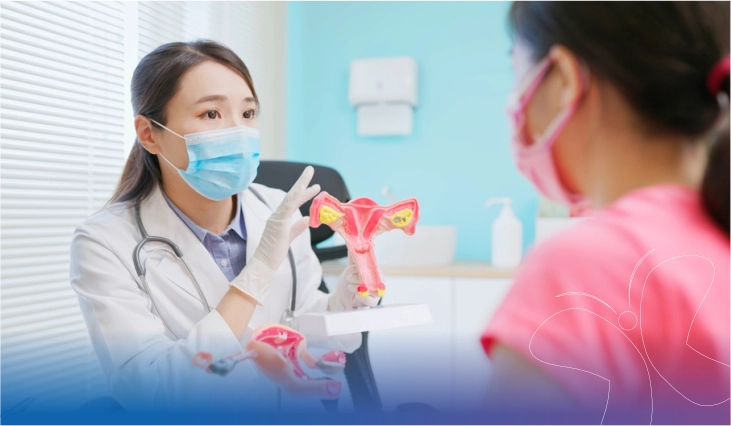When we have a lot going on, we frequently forget to take care of ourselves. We have to work, take care of our families, and spend time with friends, which doesn't allow us much time to take care of our own health. The hard aspect is that many health concerns don't show up on the surface. It is possible that there will be no indicators of high blood pressure, diabetes, or high cholesterol for a long time. That is why it is not only important to undergo a full body exam; it is also vital.
These tests are aimed to discover issues early, before you even start to feel sick. This offers you time to accomplish whatever you want and be healthy in the long run. But what really goes on during these tests, and why are they so important? Let's talk about it one step at a time.
What does it mean to get a full body checkup?
A whole body checkup is more than simply a standard doctor's appointment. It doesn't simply look at one symptom or complaint; it tests your complete health in a very thorough way.
In Rajkot, a full body checkup package in Rajkot usually comes with
- Checking your body mass index (BMI), blood pressure, and pulse
- Complete blood count (CBC)
- Levels of blood sugar and cholesterol
- Tests to see how well the liver and kidneys are working
- A checkup for the thyroid
- ECG to check the heart's rhythm
- Looking at the pee
- Tests that check how many vitamins and minerals are in your body
- When necessary, imaging tests including X-rays and ultrasounds are done.
When doctors run all of these tests at once, they can see exactly how your body is working and whether there are any abnormalities that aren't showing up.
Why You Should Get a Full Body Checkup
Many people believe that medical exams are only necessary for sick individuals. You could still be sick even if you don't feel bad. Most people don't notice silent conditions until they get worse.
Why you should have health testing done on a regular basis:
- Finding problems early can save lives.
In the beginning, it can be hard to tell if you have high blood pressure, diabetes, or too much cholesterol. A timely exam makes sure that problems are discovered before they happen.
- Want to stop?
At a routine health checkup, doctors can tell you to make changes to your food, lifestyle, or over-the-counter medications to keep tiny problems from getting worse.
- Benefits for Money
It's not only hard to treat advanced illness, but it also costs a lot of money. Finding health problems early on could make treatment easier and less expensive.
- A Feeling of Peace
You feel better, are less worried, and are more likely to live a healthy life when you know your body is working effectively.
Who Should Think About Getting a Full Body Checkup?
Not just older folks need checkups. They can help people of all ages. This is what a general guideline looks like:
- In your 20s and early 30s, you should get basic testing including blood pressure, cholesterol, blood sugar, and BMI.
- In your 30s and 40s, you will have more detailed testing, such as an ECG and tests of the liver, kidneys, and thyroid.
- People 40 and older should get full examinations that look at their heart health, screen for cancer, and measure their bone density.
People whose families have a history of long-term illnesses like diabetes, high blood pressure, or heart disease should be more watchful and get tested more often.
What to Expect During the Process
It might not sound like it, but a full health checkup isn't that hard. Most hospitals are done with it in a few hours. This is how it usually goes:
- The doctor will be the first person you meet. He or she will ask you about your health problems, medical history, and lifestyle.
- Sample Collection: A lab tests samples of blood and urine.
- A physical exam is a basic check-up of things like your heart and lungs, your reflexes, and your body mass index (BMI).
- You might have tests including an ECG, ultrasound, or X-rays depending on your age and other risk factors.
- Results and Review: The doctor talks to you about the results, answers any questions you have, and may suggest that you come back for more appointments, get treatment, or make changes to your way of life.
How often do you need to see the doctor?
How often you should do it depends on your age, lifestyle, and health risks.
- Every two to three years for healthy persons under 30
- 30 to 50: once every one to two years
- This should be done once a year by people over 50 or who have health problems that last a long time.
Most people can stay healthy with just one routine health checkup a year.
Picking the Right Package
Be careful about what you choose if you want a full body checkup package in Rajkot. Check for:
- Today's technology for diagnosing problems
- Doctors and specialists who have been around for a long time
- Packages that can be changed to fit your age and health needs
- A clean and comfortable place to take the test
Check that the bundle has tests that are good for your health. This is the most crucial thing.
Last Thoughts
Your health should never come last. A full body checkup that only takes a few hours can save you years of stress, surprise bills, and worry about your health. These tests are not just to check for illness, but also to keep you from getting sick.
We at Flowrence Hospital think that it's always better to stop problems from happening than to fix them. Our full body checkup package in Rajkot will provide you a full picture of your health. They have trained doctors and advanced diagnostic tools. You should take care of your health today, not tomorrow.







